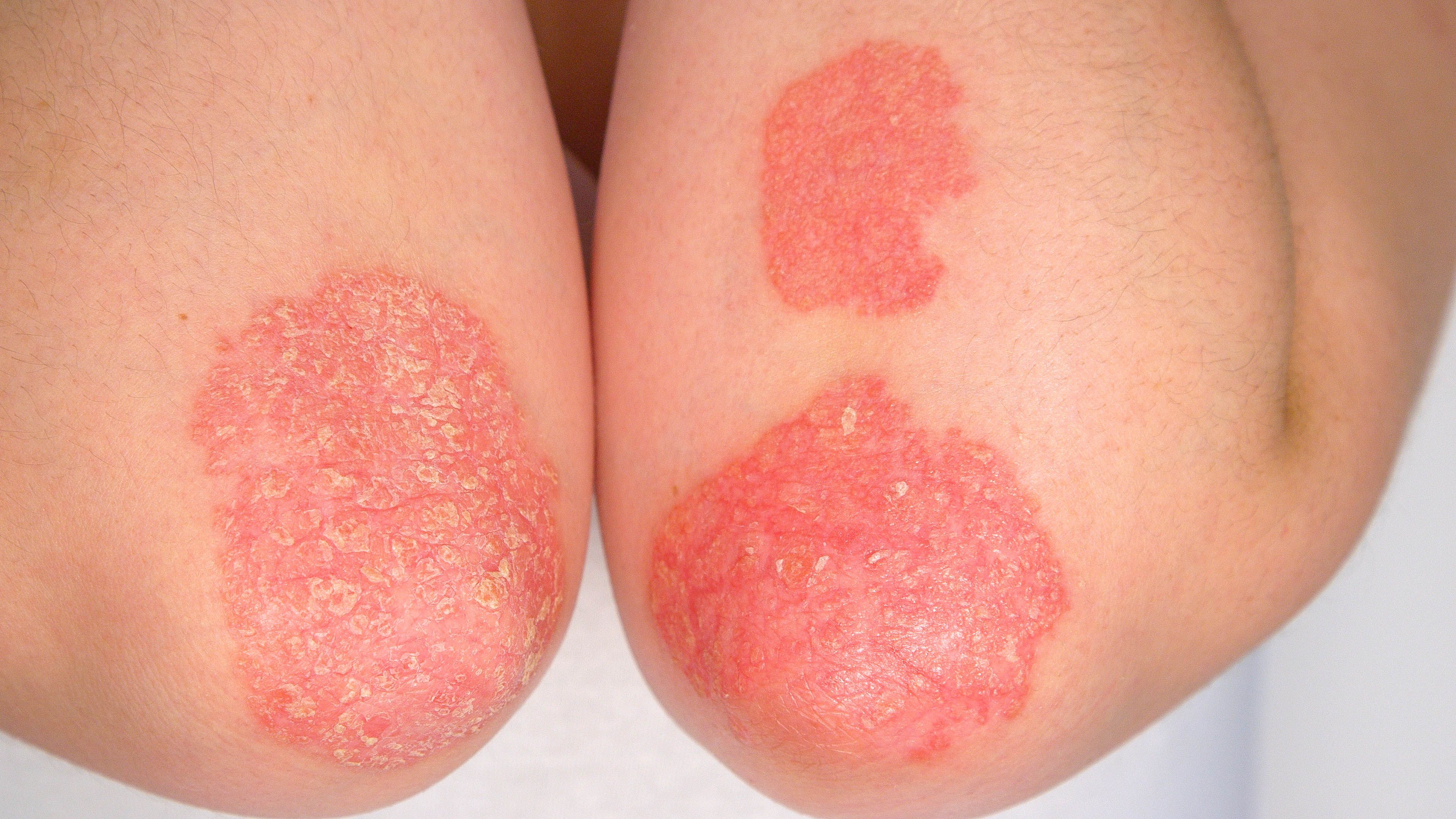Updated on August 10, 2022
Maybe you’ve been thinking about starting the journey to a healthier you. But if you also live with psoriasis, there's even more of a reason to jump on that weight loss train: It may help ease your uncomfortable symptoms.
Because psoriasis is an inflammatory autoimmune disease, carrying excess pounds can worsen the skin irritation and inflammation that accompanies the condition. Experts suggest that weight loss may help lower obesity-induced inflammation, in turn relieving psoriasis.
How exactly does weight affect psoriasis?
It’s not entirely known, but there is a clear link between the two. People who are overweight are more likely to develop psoriasis, and that risk keeps rising as body mass index (BMI) increases. Extra pounds may also worsen existing psoriasis.
On the other hand, losing weight seems to lessen symptoms. What’s more, it can help boost the effectiveness of psoriasis treatment. There have even been case reports of people whose psoriasis cleared up completely after they had weight-loss surgery.
To add more fuel to the benefits-of-weight-loss-flame, psoriasis—not just obesity—increases the risk of several chronic health conditions, including heart disease and diabetes. It’s just another reason why being in control of your weight is so important not only for your overall health, but for the long-term management of psoriasis, too.
Tips to fuel your weight loss efforts
Looking to embark on a more active lifestyle and slash those pounds to reduce your psoriasis symptoms? In addition to checking in with your healthcare provider (HCP) to discuss a weight-loss plan that’s right for you, use these tips to help get you started.
Fit in fitness—gradually
If exercise isn’t a part of your daily routine, it’s best to start slowly and work your way up. Gentle activities like walking, yoga, swimming, and bicycling could be easiest, especially if you have psoriatic arthritis. Talk to your HCP about what might work best for you—they may also be able to recommend a trainer who has experience working with people with similar fitness goals to your own.
Make over your eating habits
Because of the inflammatory nature of psoriasis, experts often suggest an anti-inflammatory diet to help reduce flare-ups. The National Psoriasis Foundation (NPF) recommends a well-rounded eating plan including lean meats, fatty fish, plant-based proteins, fruits, veggies, and fat-free or low-fat dairy. Limit or steer clear of refined sugars, processed foods, and red meats, which may actually contribute to inflammation.
Set manageable weight loss goals
Instead of telling yourself that you want to drop 50 pounds ASAP, start off with a goal that’s easier to attain. Aim for something reasonable, like losing 1 to 2 pounds per week. Taking it step by step helps you maintain motivation so you don’t lose steam too quickly.
Most importantly, remember that starting a wellness journey can be overwhelming at first. So go at your own pace—and be kind to yourself along the way.





